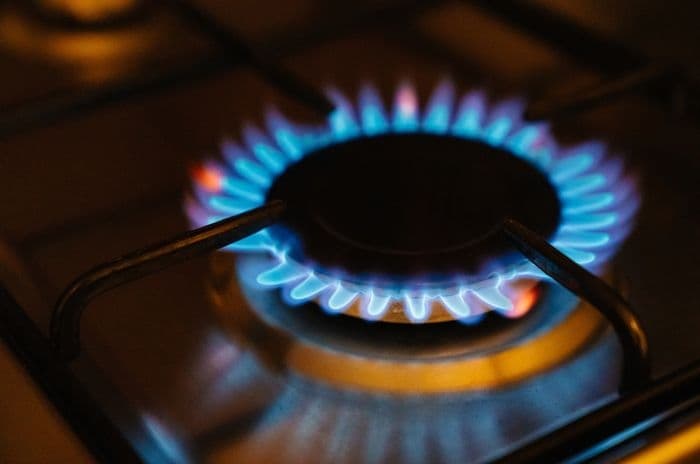Home > Energy > News > Energy firms vow to switch customers in 17 days
Energy firms vow to switch customers in 17 days
ENERGY suppliers will have to switch customers in just two and a half weeks from the end of the year.

The new 17 day switching rule - that's two weeks cooling off period plus three days to switch - have been approved by the regulator, Ofgem, following negotiation with the suppliers.
Consumer groups have long criticised energy companies' lackadaisical attitude towards helping customers to move provider.
Faster switching
It currently takes at least five weeks for households to change suppliers, and will continue to do so until the new rules come into force on December 31st.
Ofgem say that this is just a first step: they aim to introduce one day switching (plus cooling off, so 16 days) "by the end of 2018 at the latest".
The regulator said that they hope the changes will encourage consumers to find cheaper energy by shopping around for the best deal.
A study published by the watchdog in March revealed that 62% of households have never changed their energy supplier, despite potential savings of up to £200 a year.
"Consumers can change their bank in seven days, their mobile phone in just a couple, but have to wait significantly longer to switch their energy supplier," Dermot Nolan, Ofgem's CEO, said.
"We hope this will give consumers more confidence to get out there and start shopping around."
Breaking up the big six
As well as helping consumers, shorter switching times will provide a boost to the nascent independent energy sector.
The big six power companies - British Gas, SSE, EDF Energy, Scottish Power, E.ON and Npower - currently control 96% of household supplies, despite consumer criticism over escalating bills and substandard service.
Today we learnt that a record number of households complained to the big suppliers in the first quarter of 2014, 15% more than complained in the same period last year.
Shorter switching times could make it more attractive for energy customers to switch to independent suppliers such as Good Energy or Ovo after getting bad service.
It's also hoped that having more players in the market will increase competition and drive down prices.
Fast enough?
In the meantime, consumers will face the cost of escalating bills, despite falls in the wholesale cost of energy.
Ofgem expects a typical UK household to spend £1,346 on gas and electricity over the next year, which is a 3% rise on last year.
This is in stark contrast to recent figures from price reporting agency, ICIS, which show that wholesale gas prices have fallen by half since the start of the year. The price of wholesale electricity has also fallen.
Partly as a result of rising prices, the Department of Energy and Climate Change says that more families live in fuel poverty now than at any time for the past ten years, despite a recent change in how we define 'fuel poor'.
Approximately one in ten families struggle to pay for energy and keep above the poverty live.
Furthermore, the gap is widening: the average family was £443 short of the amount they needed to stay warm in 2012; in 2014, the shortfall is £480.
In this climate, speeding up switching between suppliers cannot come fast enough.
Considering that energy firms don't need to physically switch any services, just change the company sending out the bills, it's shocking that it takes so long at the moment.
The reason is the energy firms have increasingly elderly IT systems. By making energy firms speed up switching, Ofgem are, in effect, forcing them to invest in updating that infrastructure.

We are independent of all of the products and services we compare.

We order our comparison tables by price or feature and never by referral revenue.

We donate at least 5% of our profits to charity, and we aim to be climate positive.
Latest News

2 January 2024
Energy prices increase by 5%
23 November 2023
Energy price cap to rise 5% in January 2024
24 October 2023
Energy companies must do more to support customers

